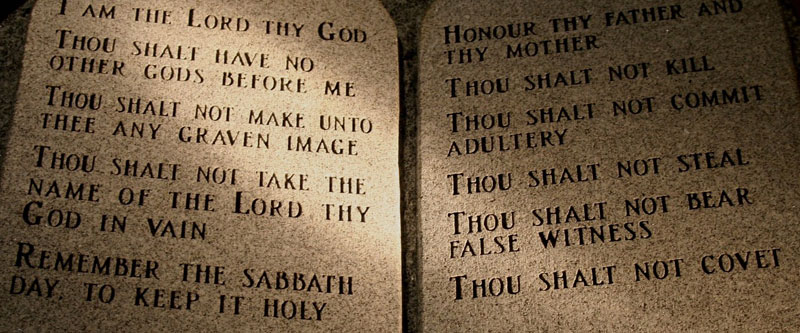If you are in the presbyterian and reformed world, it is the season of General Assemblies and Synods. In my view it often turns into silly season. Never do I see as many people who profess faith in the doctrine of God’s sovereignty wring their hands over the condition of the church. Chicken Little has nothing on us. However, at the same time there are significant issues that face the church of the Lord, and also my own denomination, the Presbyterian Church in America. It can be argued that much reform must take place in the Western Church as a whole. It is overrun with the entertainment culture of the world and the philosophies of man found in the world’s approach to social justice and a host of other issues ranging from marriage to sexual purity. What, then, is the balance between genuine concern for the purity of the church and a sinful worry? Certainly this is not the first time the church finds itself in need of reform.
In Revelation 2-3 the Spirit writes His letters to the seven churches. These churches, in most cases, have issues they need to address. The Ephesians had lost their first love (Rev. 2:4). Pergamum and Thyatira are tolerating aberrant theology (Rev. 2:14; 20). Sardis is dead (Rev. 3:1), Laodicea is lukewarm (Rev. 3:16). Those descriptions are certainly not confidence inspiring. Further, in the Pauline epistles we read of churches which have most definitely lost their way. The Galatian church is in danger of being overtaken by legalists who advocate a return to the Mosaic ceremonial laws (Gal. 3:3). The Corinthians… they’ve taken it to a whole new level. They tolerate sexual immorality not even accepted in the world (1 Cor. 5:1). There is drunkenness at the Lord’s Supper (1 Cor. 11:21). Likewise in James’ letter, the church is overcome with favoritism (Jam. 2:6). Surely this cannot be the same church that Christ said would withstand the very gates of hell! (Matt. 16:18). And yet it is. It is the church filled with people acting out their sinsful nature which is, as yet, not removed. So how are we to build up this church?
Address Error in humility. I had a good talk with a friend of mine who was critical of conservative reformed Christians over their tone. And he is right. To some extent, the conservative Christian world has taken on the error of the Ephesian church (Rev. 2:1-7) who was theologically correct, but lacked love for the Lord. It is true that the Lord preserves His church through people who stand for the truth. It is right for Christians to desire to be those people, but they must be realistic about their own faults as well. Recognizing personal sin is crucial in being able to reprove with gentleness an humility. Among the seven things that God hates in Prov. 6:16-19 are haughty eyes, and sowing discord among brothers. The right theology argued from a position of pride, mocking and ridiculing other Christians does this very thing. Therefore it is important to deal gently with the flaws of others, as long as is possible, remembering that all theologians hold their convictions as sinful men.
Speak the truth. On the flip-side, in church history men have been silent about the truth when they should have spoken because of the fear of man. Why is it that Paul was the only one who spoke to Peter in Gal. 2:11-14? Barnabas was there, and he could have spoken, but it says there that they were silent because they were “fearing the circumcision party.” How many could have spoken before Martin Luther et. al did in the early 16th century? There were many. And yet the fear of man or the love of position and influence kept mouths shut. That is not how the church is served. It is the task of all Christians, and church leaders especially, to be faithful to the word of God and not show favoritism (Gal. 2:11-14). The preoccupation of the church should be with the purity of the bride of Christ, purchased with His blood, whose faithfulness He desires.
Pray. The bride of Christ may be oppressed from without or corrupted from within. But Christ bought her with His own blood. He loves her far better than any man could. And besides, He is the Almighty One. So interceding for His bride in prayer should really be step one. In John’s gospel, prayer to God through Christ is the right method of prayer (John 14:13; 15:16; 16:23, 24, 26). This is the church of Christ. The gates of hell will not prevail against it because they cannot prevail against Him.
While living in this world it is right to fight for the purity of the church in this world (the church militant). This article represents some guiding principles as we engage in this struggle. The Lord is sovereign, also over today’s church which is so very flawed. Come quickly, Lord Jesus, and make Your bride into the church triumphant!









